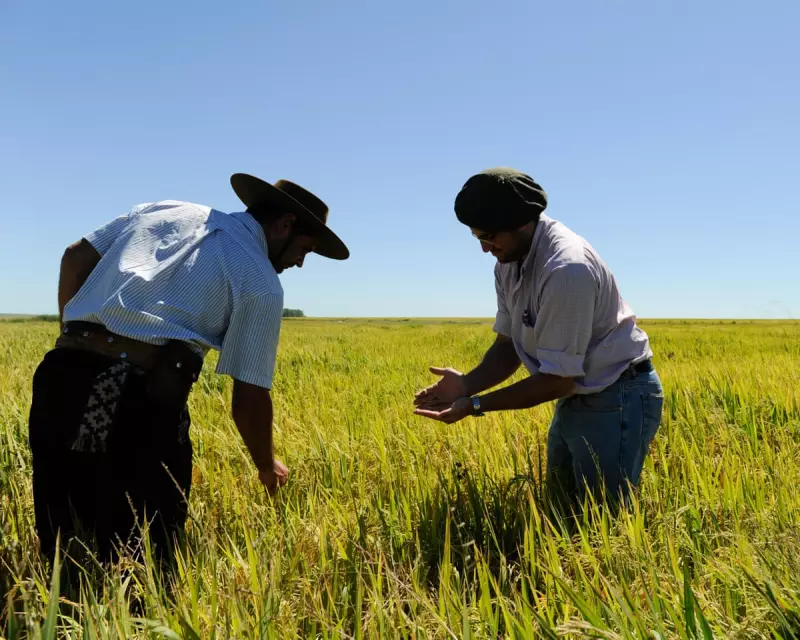
In the lush paddy fields of Uruguay, where emerald-green rice stalks stretch to the horizon, a silent health crisis is unfolding among the workers who harvest one of the nation's most vital crops. Disturbing new evidence suggests that prolonged exposure to agricultural chemicals is exacting a devastating human toll.
A Harvest of Illness
Communities living and working near rice plantations are reporting alarming rates of serious health conditions. Multiple cases of cancer, chronic respiratory diseases, and recurring miscarriages have emerged in patterns that point directly to pesticide exposure as the common denominator.
Chemical Cocktail in the Fields
Workers describe regular contact with a toxic mixture of agrochemicals, often without adequate protective equipment. The very substances designed to protect the crop appear to be poisoning the people who tend it, with applications sometimes occurring alarmingly close to residential areas and water sources.
Voices from the Front Lines
"We've become accustomed to seeing the planes spray while our children play nearby," one community member reported. Another worker shared the heartbreaking account of losing multiple pregnancies, a story echoed by several women in rice-growing regions.
Regulatory Gaps and Industry Response
Despite growing evidence of harm, critics argue that regulatory frameworks remain insufficient to protect agricultural workers. The rice industry, a cornerstone of Uruguay's economy, faces mounting pressure to implement safer practices and transparent monitoring systems.
The Global Context
This situation in Uruguay reflects a broader international concern about agricultural chemical use. As global food demand increases, the tension between production needs and worker safety becomes increasingly acute, raising fundamental questions about sustainable farming practices.
The emerging health crisis among Uruguay's rice workers serves as a stark reminder that the true cost of food production must include the wellbeing of those who grow and harvest it.





